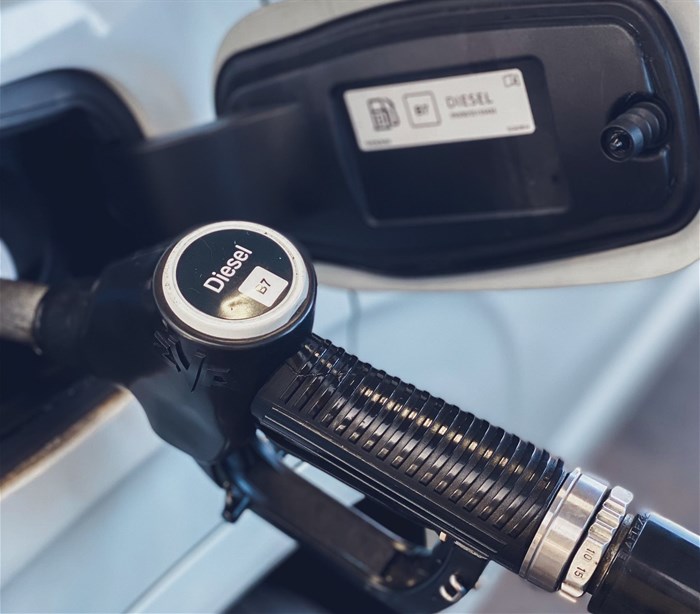
Image supplied
The CEO of MasterDrive, Eugene Herbert, says do not make the mistake of trying any hack in the hopes it will decrease consumption with no effect on your vehicle if it does not. “It cannot be stressed enough that the only thing intended to go into your fuel tank is fuel. Previously, it was revealed fuel pills were not only proven ineffective in international studies but showed the negative effects on your engine in various ways, primarily by causing carbon build-up.
“Now, a gimmick is making the rounds showing the use of Coca-Cola instead of fuel. The company associated with this video has since distanced itself from it, however, if you were wondering if Coca-Cola is a safe substitute for fuel, the answer is no. You are likely to do damage to your vehicle that will cost much more than the potential savings.”
Other gimmicks to be wary of include:
- Ketchup/tomato sauce: this has no benefit and will do damage to your engine, fuel injectors and fuel filters.
- Plug-in devices: these are used by mechanics to test engines and read results but recent adverts say they can set reset the computer-controlled fuel ration. This, however, is an output port, meaning it does not accept incoming signals making it useless in reducing consumption.
- Dishwasher tablets and toothpaste: old content circulating claims dishwasher tablets and toothpaste can reduce fuel consumption. Both these claims are completely false with no proven research to support them and have since been revealed as clickbait.
- Buying fuel early in the morning: the theory is the colder it is, the denser fuel is, giving you more for the same price. Fuel, however, is stored underground and temperatures only vary by a few degrees which are not enough to change its density.
- Overinflating tires: this was touted to reduce resistance and friction while driving and therefore increase mileage. It is proven that correct air pressure is what actually saves fuel and increases tyre lifespan.
- Not using air con: this depends on various factors. Keeping the AC off and driving with windows closed can save fuel. If, however, the windows are open then you increase drag and affect aerodynamics which actually increases fuel consumption.
Be cautious of the techniques employed to save fuel especially if it involves putting foreign substances into fuel tanks. “It is not true that if it doesn’t work, ‘no harm no foul.’ It can cause a lot of harm which is not worth the supposed savings of these products. Research proves it does not provide fuel savings and only harm to your vehicle.
“Instead, you will achieve more effective results with tried and tested means of reducing fuel consumption. This includes defensive driving techniques: keeping a three-second following distance, avoid speeding, anticipate changing traffic conditions, avoid reckless driving, planning routes, keeping revs below 3000 RPMS and removing any unnecessary weight from your vehicle. Ultimately, if it sounds too good to be true, it probably is,” says Herbert.































